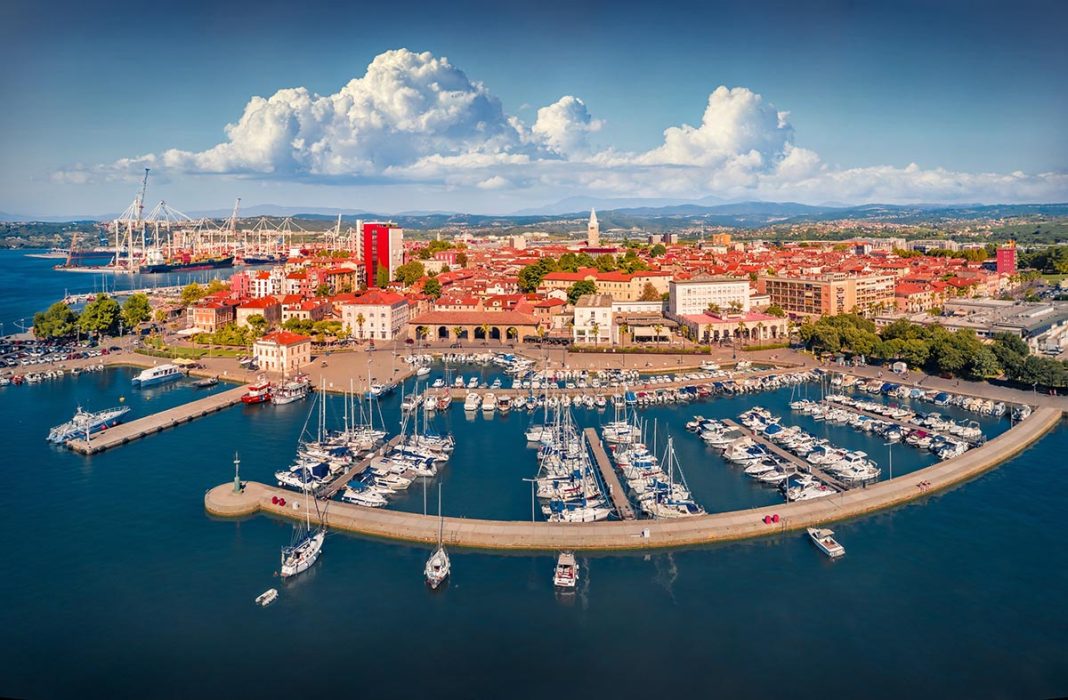Slovenia’s government has hit pause on a long-promised property tax aimed at curbing housing inequality, after strong backlash from nearly all sides.
The proposed 1.45% annual tax on second and additional properties was central to the centre-left coalition’s housing strategy, intended to lower real estate prices and boost rental availability.
But during public consultation, critics branded the law unfair and poorly designed—especially as it exempted even luxury first homes.
The finance ministry announced on July 4th that the tax is postponed indefinitely, citing the need to improve legal protections for landlords and tenants and better align tax policy with broader housing reform.
Instead, focus is shifting to expanding public housing, streamlining building permits, and faster rental dispute resolution.
Why it matters: Slovenia’s struggle mirrors a broader European challenge—how to tax excess property without destabilising the housing market.
As rents rise and ownership slips out of reach, the retreat highlights the political and policy tightrope governments face.







